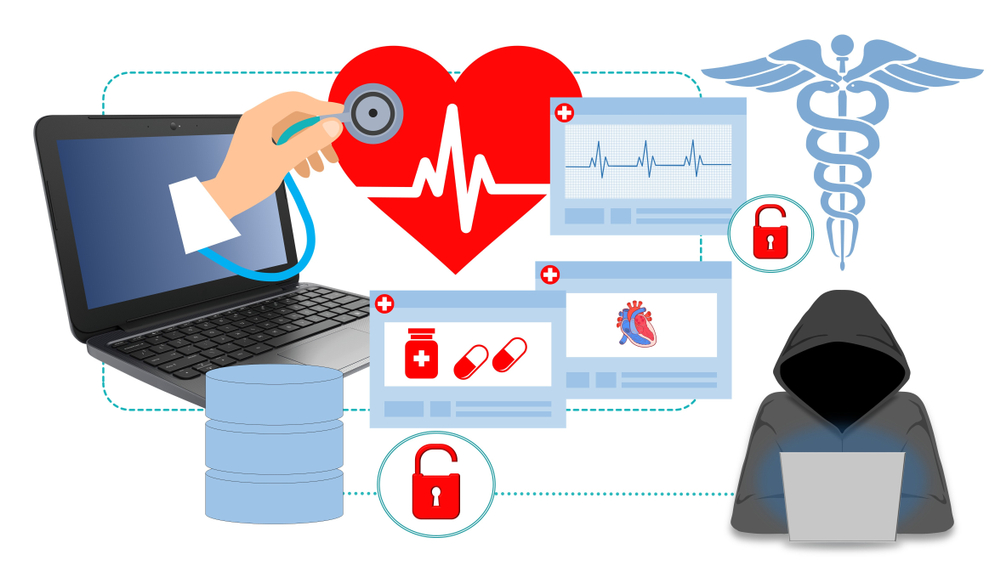Bored at home? Wanderlust due to the COVID19 travel restrictions? Or just keen to explore/learn something new? Did you answer one of those questions with yes? If you did, I might have found something interesting for you: ‘Amazon Explore’
Amazon (2020) just launched the beta and describes its new service as an interactive live-streaming platform that offers 1-on-1 experiences around the world. The so-called ‘experiences’ are 30-60-minute 1-on-1 live sessions with a host. The host is the person offering a specific experience. The experiences are worldwide and split into three different categories: ‘culture & landmarks’, ‘learning & creativity’, and ‘shopping’. They start at around $10 and can get quite expensive (the most expensive one I found was a tour through Prague’s Old Town for $210). And the best thing is… you can become a host yourself.
Okay, all jokes aside… and sorry for the ad. Now back to business: why do you think amazon launched a service like that? I would say that the reasons are quite obvious. I am sure that all of you watched a live-stream before. And if you did, I guess you are part of the 63% of the population aged 18-34 who enjoy watching live-stream content daily, making it (unsurprisingly) one of the most popular types of online content (Stanimirovic, 2020). Facebook, Instagram, YouTube, Twitch (also owned by Amazon), TikTok… you name it. Live-streams can be found (almost) everywhere nowadays. Accompanied by the current COVID19 pandemic, I think that its popularity will further increase. During the first COVID19 lockdown, for example, all aforementioned providers experienced exponential growth in their view counts (Stephen, 2020). I guess that’s why it is hardly surprising that the value of the live-streaming market is estimated to increase to almost $70 billion by the end of next year (Stanimirovic, 2020).
A new market? Whereas normal live-stream providers only offer one-to-many live experiences, amazon sees potential in personalized 1-on-1 experiences. And it is not the first ‘big’ company that wants to take advantage of small-scale virtual experiences. Due to COVID19 and its restrictions earlier this year, Airbnb and ClassPass (a fitness company) had to rethink their business models and launched similar services: Airbnb launched ‘virtual travel experiences’ and ClassPass personal ‘online classes’ (Porter, 2020).
I think that it has potential and can certainly benefit from network effects (more users=more value). And I am convinced that there are people out there attracted to those personalized 1-on-1 virtual experiences (if you check the stats of regular live-streaming). However, I will NOT try this service as I simply prefer real-world experiences. What about you? Would you try ‘amazon explore’?
References:
Amazon, (2020). [online] Available at: <https://www.amazon.com/b?ots=1&slotNum=2&imprToken=ecba6fd0-a6fc-ca8b-5b2&node=19424628011&ref=srk_stf_hro_lrn&tag=theverge02-20&ascsubtag=%5B%5Dvg%5Be%5D21259036%5Bt%5Dw%5Bd%5DD> [Accessed 6 October 2020].
Porter, J., (2020). Amazon Starts Offering Virtual Classes And Sightseeing Tours Via New Explore Platform. [online] The Verge. Available at: <https://www.theverge.com/2020/9/30/21494995/amazon-explore-virtual-classes-sightseeing-shopping-online-experiences> [Accessed 6 October 2020].
Stanimirovic, (2020). The Impact Of Live Streaming On Today’S Growingly Digital World. [online] BRIDTV. Available at: <https://www.brid.tv/how-live-streaming-is-changing-the-world-as-we-know-it/> [Accessed 6 October 2020].
Stephen, B., (2020). The Lockdown Live-Streaming Numbers Are Out, And They’Re Huge. [online] The Verge. Available at: <https://www.theverge.com/2020/5/13/21257227/coronavirus-streamelements-arsenalgg-twitch-youtube-livestream-numbers> [Accessed 6 October 2020].


